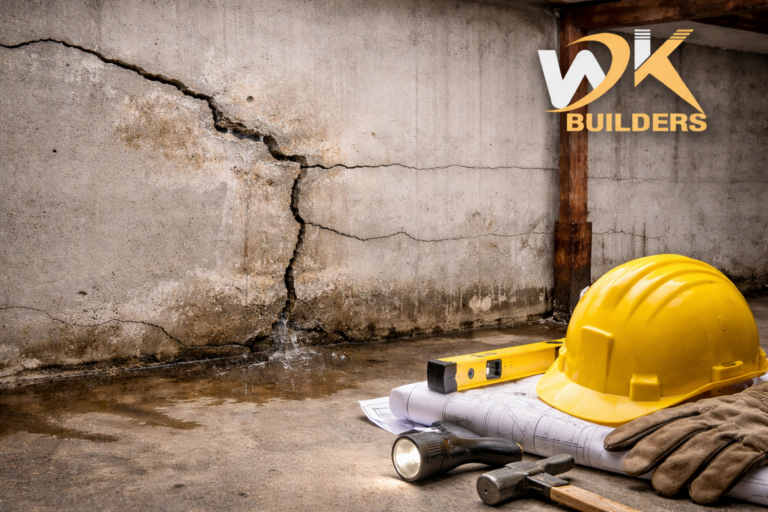What Material is Used for Concrete? A Comprehensive Guide by West Key Builders
Concrete is one of the most widely used construction materials due to its strength, durability, and adaptability. But what material is used for concrete, and why does it matter? At West Key Builders, we believe that understanding the composition of concrete helps homeowners and builders make smarter decisions—whether it’s for driveways, walkways, patios, or foundations. In this post, we break down the essential materials used in concrete and highlight how each contributes to long-lasting, reliable results.
1. Cement: The Binding Agent That Brings It All Together
When people ask what material is used for concrete, they often confuse cement with concrete. Cement is just one component—though a vital one.
- What is Cement?
Cement is a fine, grey powder made primarily from limestone and clay. When mixed with water, it forms a paste that binds all other materials together. - Types of Cement
At West Key Builders, we typically use Ordinary Portland Cement (OPC) for most residential and commercial applications. Depending on the project needs, we may also use specialty options like Portland Pozzolana Cement (PPC) or Sulfate Resisting Cement (SRC).
2. Aggregate: The Backbone of Strength and Stability
The next key component when asking what material is used for concrete is aggregate—divided into two types:
- Coarse Aggregate
These include gravel, crushed stone, or similar materials ranging from 10 to 20mm in size. Coarse aggregates provide compressive strength and volume to the concrete. - Fine Aggregate
Often made up of clean sand or stone dust, fine aggregates fill the gaps between coarse particles and enhance workability.
Using high-quality aggregate is critical for structural integrity. Our concrete slab services and concrete walkway services all begin with carefully sourced aggregate materials.
3. Water: The Chemical Catalyst in the Mix
Water might seem like a minor ingredient, but it’s one of the most important when determining what material is used for concrete.
- Why Water Matters
Water reacts with cement to trigger the chemical process of hydration, which causes the mixture to harden. - Water Quality
Only clean, potable water should be used in mixing. Impurities can weaken the concrete and reduce longevity.
The water-to-cement ratio directly impacts the final strength and durability. At West Key Builders, we maintain strict controls during mixing—whether it’s for concrete patios or structural foundations.
Concrete vs Cement: What’s the Real Difference?
It’s a common misconception that concrete and cement are interchangeable. Here’s the difference:
- Cement is the ingredient – a powdery substance that binds other materials.
- Concrete is the end product – a mix of cement, aggregate, and water that hardens into a durable building material.
So, when you’re choosing between surface materials for your property—like for a driveway or porch—know that concrete is the result of all three components working together.
Our Approach: How West Key Builders Ensures Concrete Quality
At West Key Builders, we don’t just pour concrete—we engineer it. We select the best material used for concrete for each specific application, balancing strength, aesthetics, and weather resistance.
From residential pathways to commercial slabs, our services are backed by years of hands-on experience and industry-grade materials. We also provide finishing options like stamped concrete and parging to ensure your structure looks as good as it performs.
Conclusion: Durable Concrete Starts with the Right Materials
Understanding what material is used for concrete helps you make informed choices about your next project. With expert craftsmanship and high-quality materials, West Key Builders delivers exceptional results that last. Whether you’re planning a new sidewalk, reinforcing your foundation, or upgrading your landscaping, we’re here to help.
Contact us today to learn more about our concrete solutions and why West Key Builders is trusted across London, Ontario.


